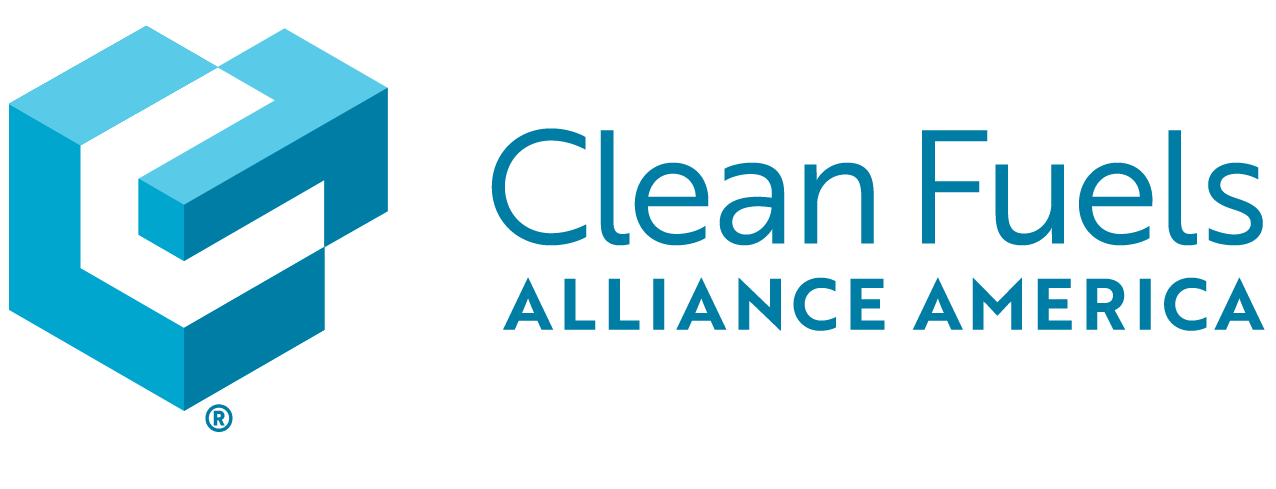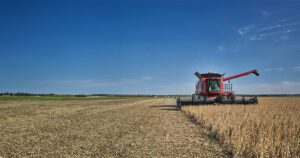JEFFERSON CITY, MO – The California Air Resources Board (CARB) announced this week that the Office of Administrative Law (OAL) has rejected one or more of the recently adopted amendments to the state’s Low Carbon Fuel Standard (LCFS), preventing the changes from taking effect.
Although no petitions for review were filed with OAL, the agency sent CARB a Notice of Disapproval of a Regulatory Action stating the amendments failed to meet state legal standards under Government Code section 11349(c) for clarity.
At this time, it’s unclear which specific provisions OAL referred to in the notice, but more details are expected to be released on Friday.
According to a public notice, CARB has 120 days to revise and resubmit the proposal to address deficiencies identified by OAL. Until then, the current LCFS regulations remain in place while CARB navigates the approval process. Depending on the extent of the required revisions, CARB may seek public input.
“Our team is dedicated to engaging with CARB to ensure that the latest science informs clear, effective regulations that support the biomass-based diesel industry and market stability,” said Jeff Earl, Director of State Governmental Affairs at Clean Fuels Alliance America, “We will continue to keep our members and stakeholders informed as new developments emerge.”
Contact: Heather Buechter, 479-651-7301, hbuechter@cleanfuels.org
ABOUT CLEAN FUELS ALLIANCE AMERICA
Made from an increasingly diverse mix of resources such as recycled cooking oil, soybean oil, and animal fats, the clean fuels industry is a proven, integral part of America’s clean energy future. Clean Fuels Alliance America is the U.S. trade association representing the entire biodiesel, renewable diesel and sustainable aviation fuel supply chain, including producers, feedstock suppliers and fuel distributors. Clean Fuels receives funding from a broad mix of private companies and associations, including the United Soybean Board and state checkoff organizations.




